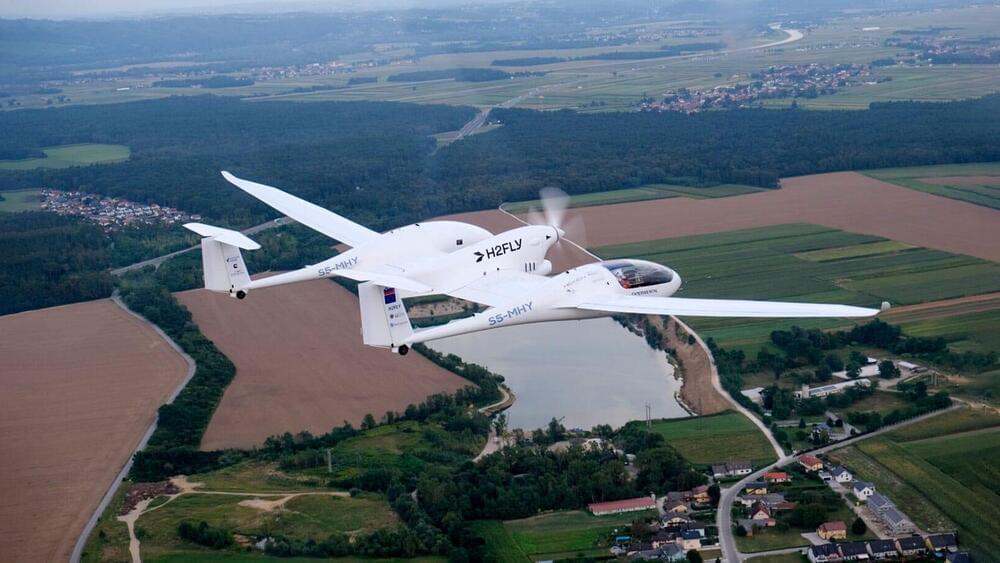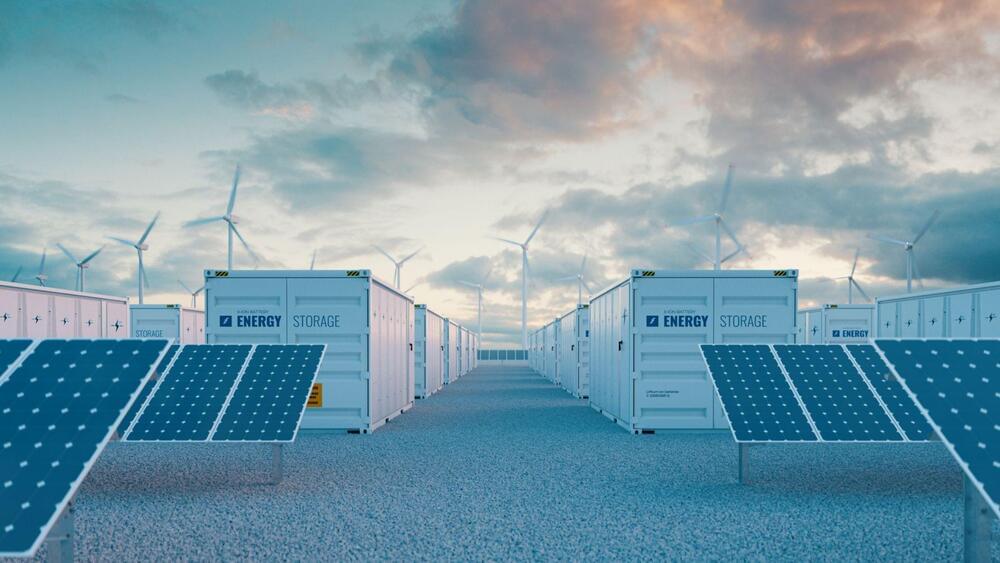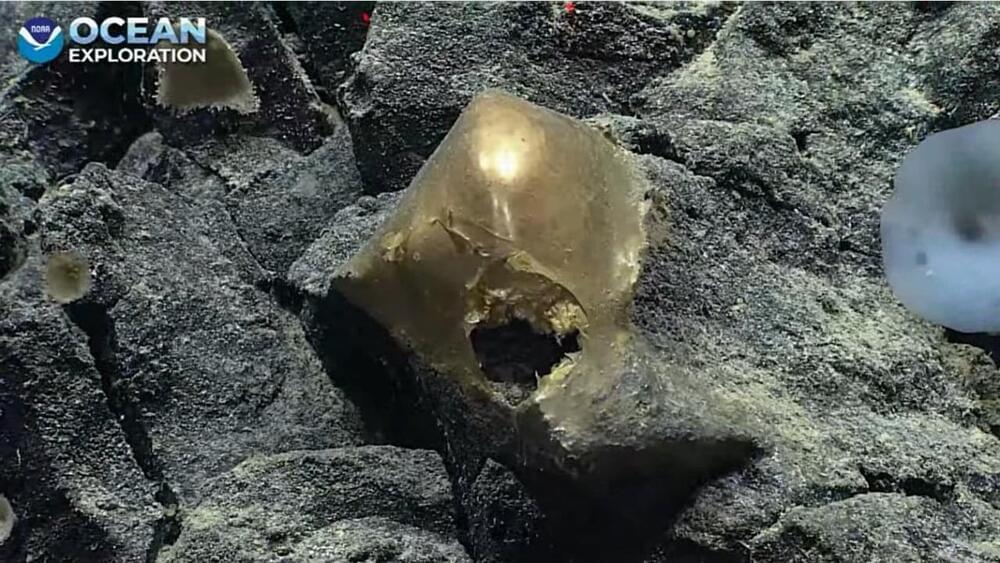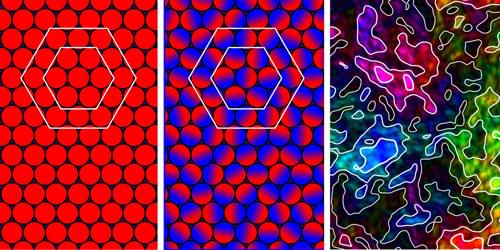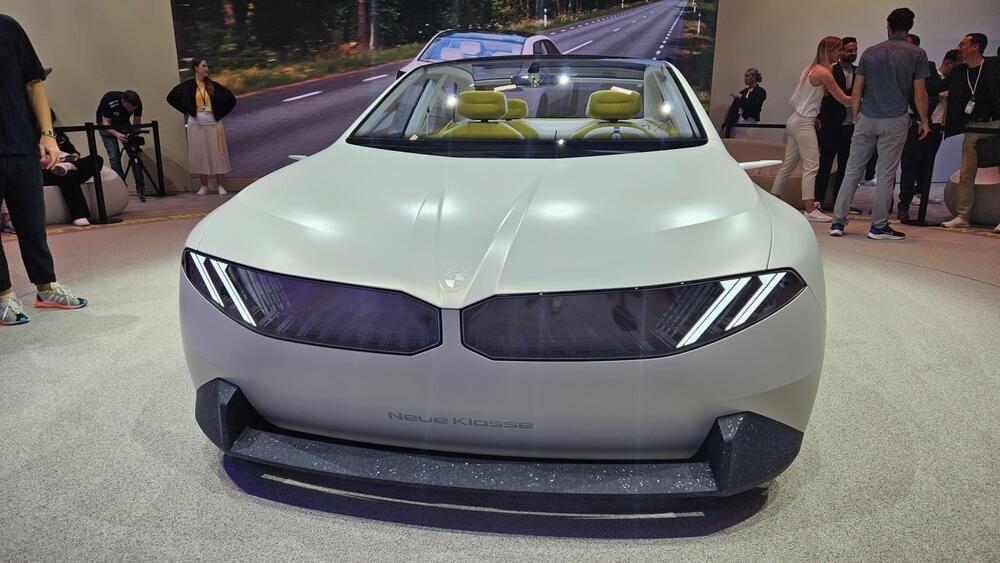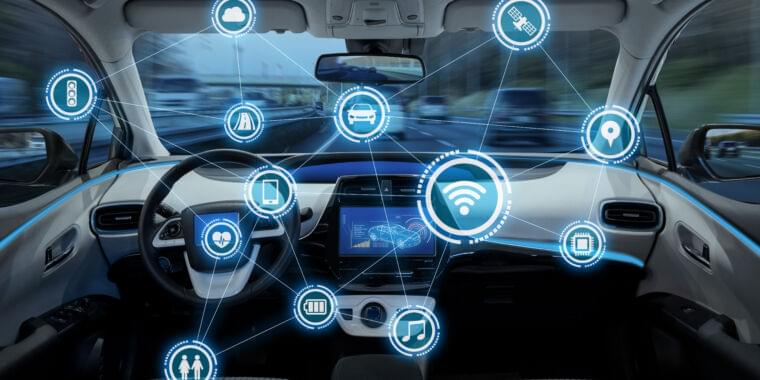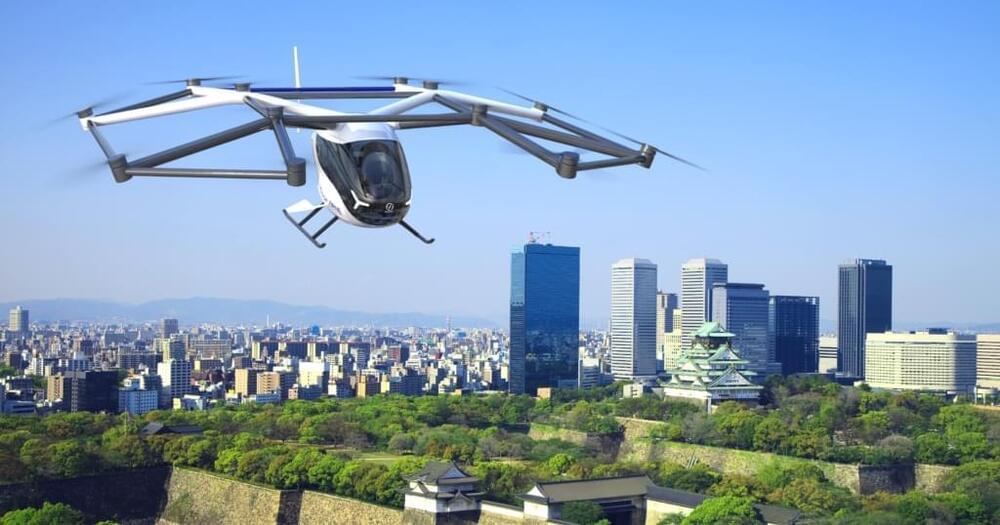Sep 8, 2023
H2FLY completes world’s first piloted flight of liquid hydrogen aircraft
Posted by Omuterema Akhahenda in categories: sustainability, transportation
Germany-based aviation company H2FLY has successfully completed the world’s first piloted flight of an electric aircraft powered by liquid hydrogen.
The flight lays the foundation for long-range, emissions-free flight with liquid hydrogen.
